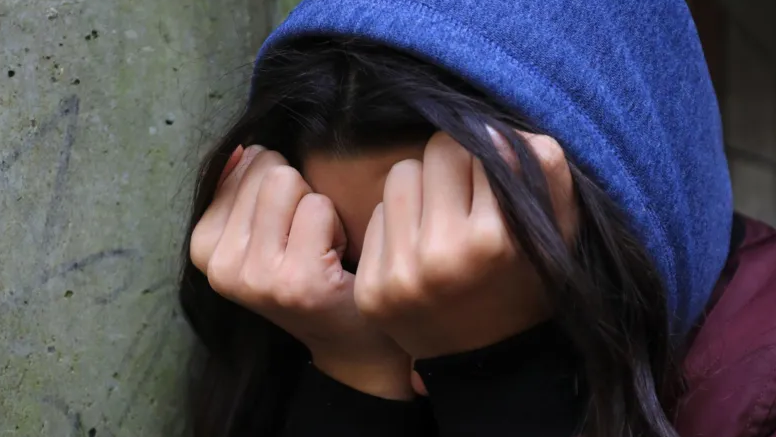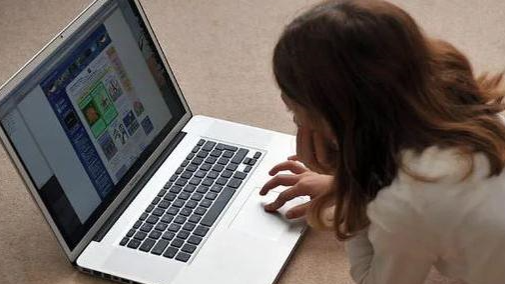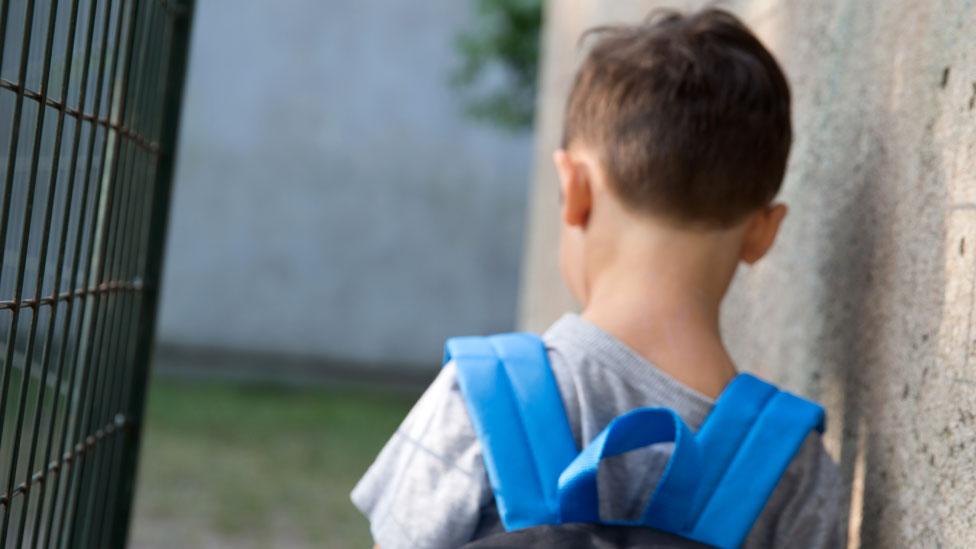'Many vulnerable children can't get mental health help'

The study into mental health support for vulnerable children analysed more than 71,000 records held by an NHS trust
- Published
Some of the most vulnerable children are more likely to be rejected for mental health support than their peers, new research has suggested.
The study - by the University of Cambridge and National Children's Bureau - analysed thousands of records at an NHS trust in London.
Children from the most deprived areas were about two times more likely to be turned away from services than those from the least deprived areas, it concluded.
The government and NHS England have been contacted for comment.
The research looked at who was being turned away from NHS Child and Adolescent Mental Health Services (CAMHS).
Those with general social work involvement were more than three times as likely to be rejected, according to analysis of more than 71,000 records from the large NHS trust.
Researchers did not name the trust to prevent finger-pointing at a particular service, because they said the problem was widespread across England.

The report suggests there are "inequalities" in access to mental health support
While children who had social work help for current concerns and those on child protection plans were more likely to be rejected from CAMHS, children in care were less likely to be rejected.
Researchers said experts had advised them that CAMHS could require young people to be in a "stable place" to receive therapeutic support.
The report warned this could mean children in need missing out on help.
The authors stated it was "unjust to exclude children from mental health support if their family situation never becomes stable".
"Such requirements may produce inequities in access for these young people," they warned.
'Systematic biases'
Prof Robbie Duschinsky, from Cambridge University, said: "These are sad findings and surprising to many of us."
He said the study's results "may not be a surprise" to families who needed and used the services.
"Our research was prompted by discussions with people with lived experiences, who urged us to look at inequalities in access to mental health services for the most vulnerable groups of children," he said.
"Their concerns have been borne out in the results described in this report."
Anna Feuchtwang, chief executive of the National Children's Bureau, said some children would "never get the support they need" within the existing system.
"The government must look urgently at removing the systemic biases within our services for children," she added.
"[They] discriminate against those who are particularly vulnerable."
Get in touch
Do you have a story suggestion for Cambridgeshire?
Follow Cambridgeshire news on BBC Sounds, Facebook, external, Instagram, external and X, external.
Related topics
- Published4 February 2022

- Published21 September 2021
